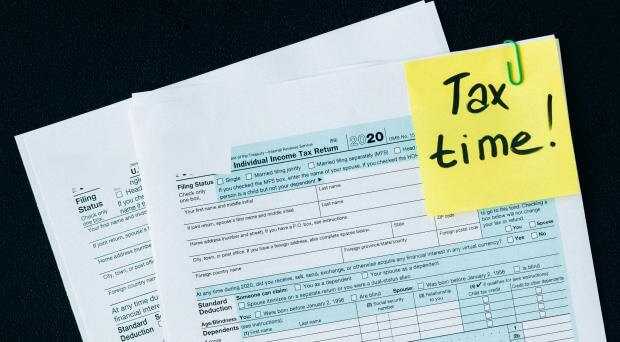My neighbour Michael was telling me about his rental properties and how the tenants are paying them off.

Clyde Graf
The discussion raised some questions. The Bright Line Test – is it a legitimate investment policy – or a discriminative, tax-avoidance vehicle? Here’s their situation, with permission.
Diana is a high school teacher, and a single mum in her late 20s. She rents a house that belongs to Michael, one of several houses that Michael owns on our street.
Jack and Jane are a hard-working, middle-aged couple living across the road from me.
They have three teenage children.
Jane is a nurse, and Jack drives a truck. Jack’s also a volunteer fireman. They’re saving to purchase a rental property.
Michael retired at the age of 50.
He owns six houses, plays golf three times a week, and spends three months a year overseas holidaying. Life’s pretty good for Michael.
After paying the mortgage and bills, there’s never much money left for Jack and Jane to invest, so any excess goes into their savings account.
They’ve now accumulated $25,000, well off the deposit required to purchase a rental property. Each year they’re required to pay income tax on the interest generated on their savings. The extra income also accrues to their overall annual income, meaning an increase in ACC levies.
Diana saves all she can spare, trying to accumulate enough money for a house deposit.
As a single mum, renting is a slog. Diana tried to buy a house two years ago, using her $100,000 in savings as a deposit. She was told by the bank to go away and save some more.
Because Diana didn’t have enough money to invest in houses she bought gold, while trying to accumulate a larger deposit. The price of gold has risen by 55 per cent over the last two years.
Any profit generated by Diana’s home deposit investment is liable for income tax. If she was wealthy, she would have been able to invest in property and avoid paying any tax at all.
Over the last five years, Michael has sold two of his houses, for a profit of $700,000. He says it’s not worth investing in businesses because of the risk, and the share market means tax on profits.
He’s not required to pay any tax on the handsome profits generated from speculating on houses he says, because The Bright Line Test means he can avoid tax, legally, if he waits at least two years before selling.
People without the money required to purchase investment property are taxed on all the earnings they generate, including interest. Perhaps it’s time to introduce a policy that allows people without investment properties to retain their investment and savings earnings, tax-free, just to even the playing field.
The Bright Line Test and the absence of a Capital Gains Tax on investment property benefits only the wealthy and effectively legalises tax avoidance. It’s time to address this unethical policy conundrum.
- This is my view, not necessarily that of council.

Tax time








